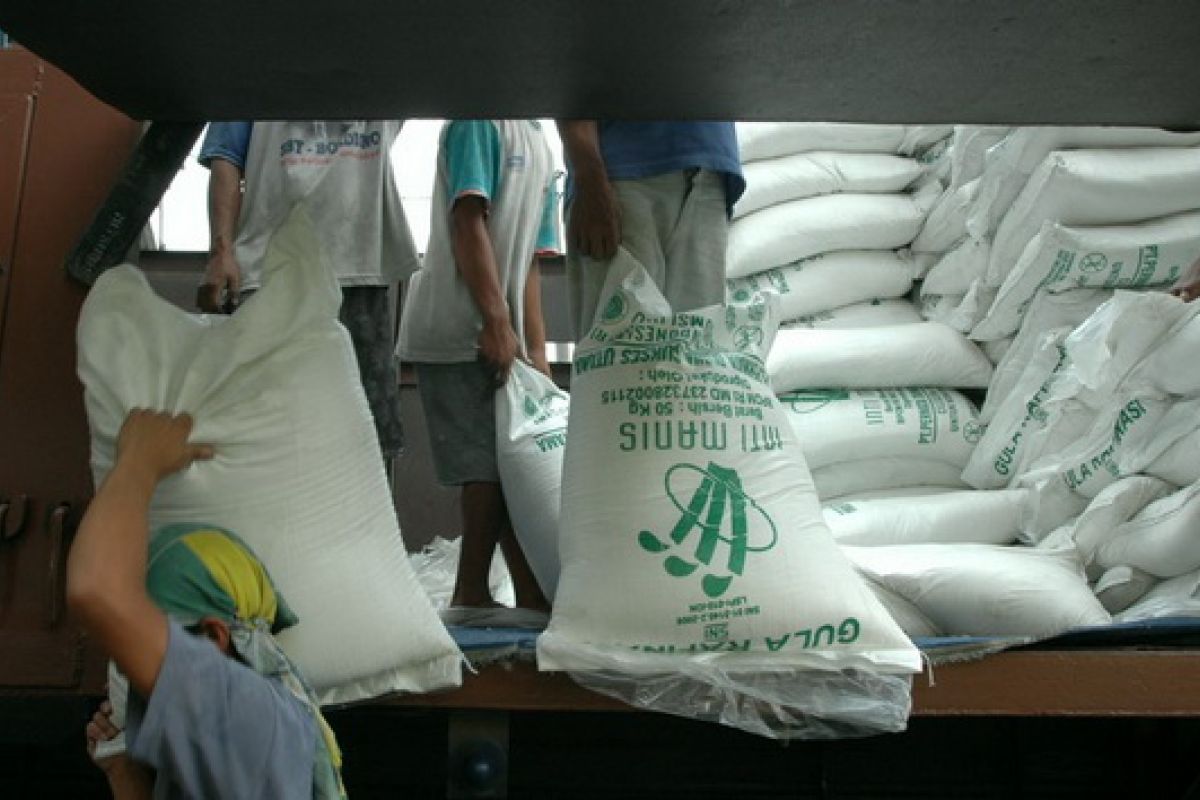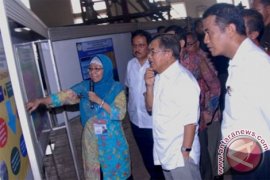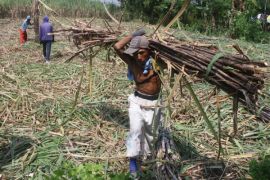"If they are not rejuvenated starting from now, the target of of achieving sugar self-sufficiency in 2014 will be missed," Moch Maksum, an agricultural economist with Gajah Mada University said via telephone from Yogyakarta on Wednesday.
He said state-owned sugar mills played a vital role in national sugar production so that increasing their production capacity was a must to attain sugar self-sufficiency.
Maksum also commented on state plantation company PTPN X`s target of raising the productivity of its sugarcane plantations to an average of 81.9 tons per hectare and the sucrose content of its sugar cane to 7.95 percent.
He said these targets would difficult to achieve if the existing old sugar mills were not revitalized and the sugar cane cultivation area was not expanded.
"I think these figures which are higher than those of the sugar self-sufficiency program will be hard to attain," said Maksum.
He also said in order to achieve sugar self-sufficiency in 2014, the government should pursue supportive policies covering the upstream as well as downstream segments of the sugar industry.
Upstream, the main or fundamental problems involved the sugar cane farmers.
"We could help the farmers through the conventional methods such as providing better cane varieties, optimizing the planting period, balanced fertilization, pest organism control, improving the cane cutting system and transportation," he said.
He added, increasing cane farmers` welfare, improving the infrastructure of distribution, plantation incentives, and profit sharing system could be done as another breakthrough.
"The need to rejuvenate old sugar mills is downstream problem," said Maksum.
The government has set the national sugar production target for 2014 at 5.7 million tons with 2.96 million tons of the total intended for domestic consumption and 2.74 million tons for industry so that Indonesia no longer needs to import the commodity.
(T.A060/HAJM/S012)
Editor: Priyambodo RH
Copyright © ANTARA 2012











